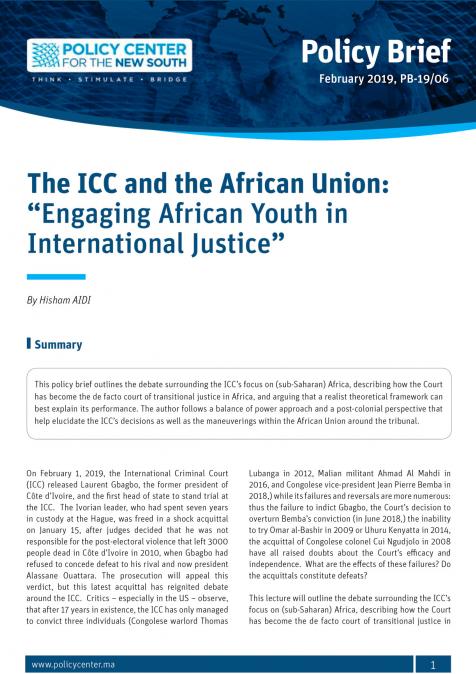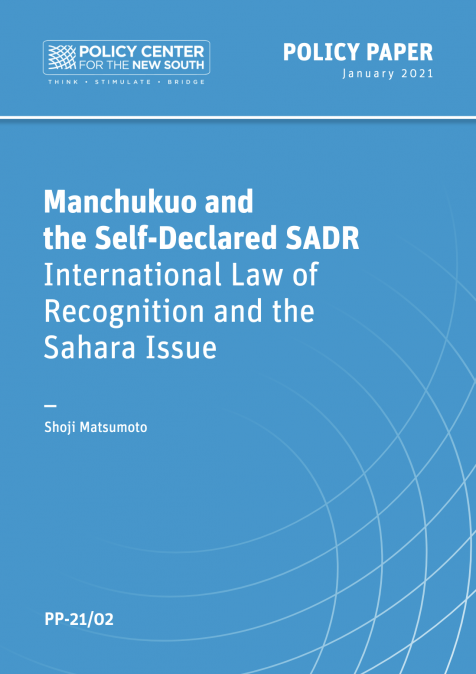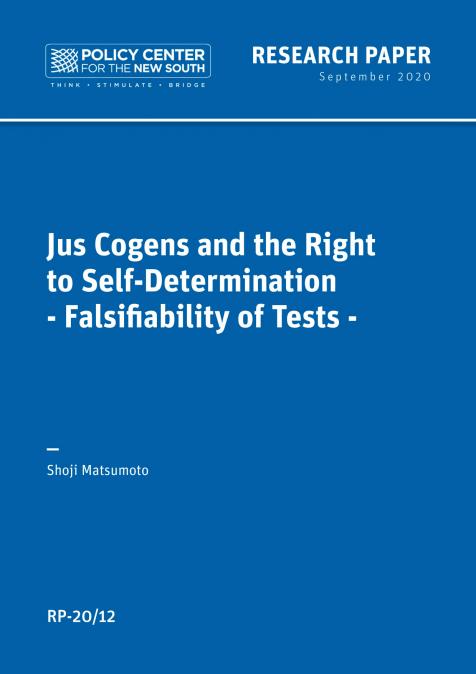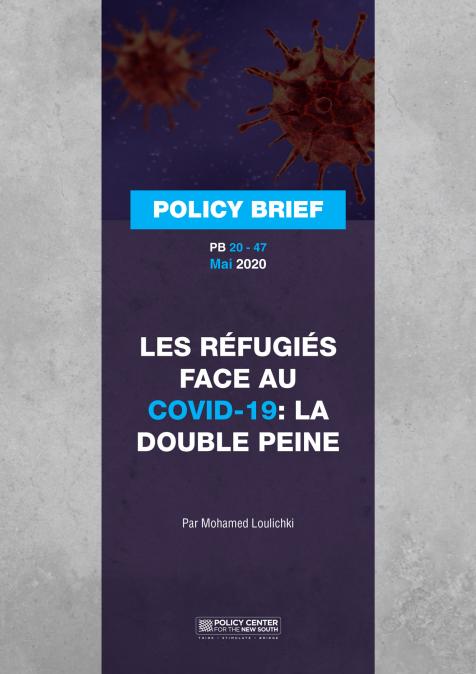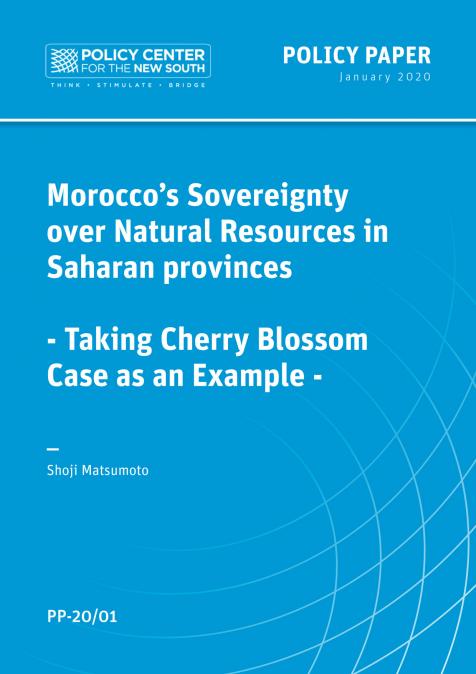Publications /
Policy Brief
Policy Brief
The ICC and the African Union: “Engaging African Youth in International Justice”
February 27, 2019
This policy brief outlines the debate surrounding the ICC’s focus on (sub-Saharan) Africa, describing how the Court has become the de facto court of transitional justice in Africa, and arguing that a realist theoretical framework can best explain its performance. The author follows a balance of power approach and a post-colonial perspective that help elucidate the ICC’s decisions as well as the maneuverings within the African Union around the tribunal.

